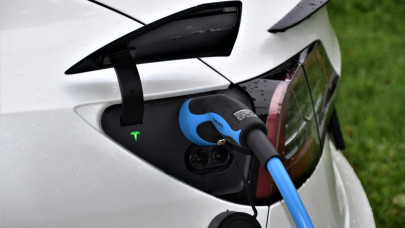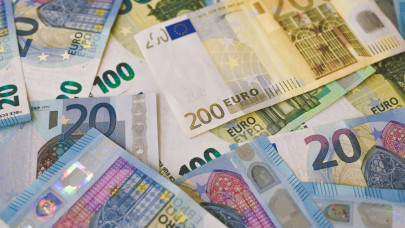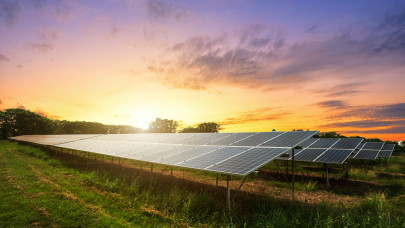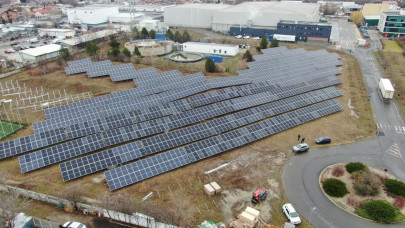The addition of this electric truck to PepsiCo Romania's fleet underscores the company's global commitment to achieving net-zero emissions by 2040.
"Acquiring our first electric truck reaffirms our commitment to sustainability and reducing environmental impact. The Volvo FM Electric 4x2 model not only meets our efficiency goals but also aligns with our dedication to adopting advanced technologies for a sustainable future. This step will help us test and advance sustainable transportation methods within our local operations," stated Daniel Drăgușin, Supply Chain Director, PepsiCo Romania.
The Volvo FM Electric 4x2 boasts a total installed capacity of 540 kWh (six battery modules of 90 kWh each) and can support a loaded range (40 tons) of up to 300 km per charging cycle. The new truck will be charged at PepsiCo's stations at the Popești-Leordeni snack plant, where fast-charge capacity stations for heavy vehicles were installed last year.
The Volvo FM Electric combines energy efficiency and versatility for various transportation needs. It features the FM HighSleeper cabin, which is spacious and suited for urban traffic and offers dual-system battery charging with high-performance specifications—250 kWh under direct current (DC) and 43 kWh under alternating current (AC). Its balanced own weight allows for a useful load range of 22-24 tons, meeting market transport requirements.
"Our electric trucks are vital for achieving our emission reduction targets of 50% by 2030 and 100% by 2040. They not only aid in decarbonization but also offer energy efficiency, utilize renewable energy, and operate quietly, making them ideal for urban and nighttime use" said Per Forsberg, General Manager of Volvo Romania.
By the end of 2023, 80% of PepsiCo's fleet in Romania had been replaced with hybrid vehicles. Based on data and recommendations from the automotive manufacturer, PepsiCo estimates a 15% reduction in CO2 emissions in 2023 compared to 2022 and a 46% decrease compared to 2015. Earlier this year, PepsiCo also announced a $2.1 million investment in over 3,000 photovoltaic panels at its three facilities in Romania, which is expected to result in an annual reduction of greenhouse gas emissions (GHG) by approximately 500 tons.














